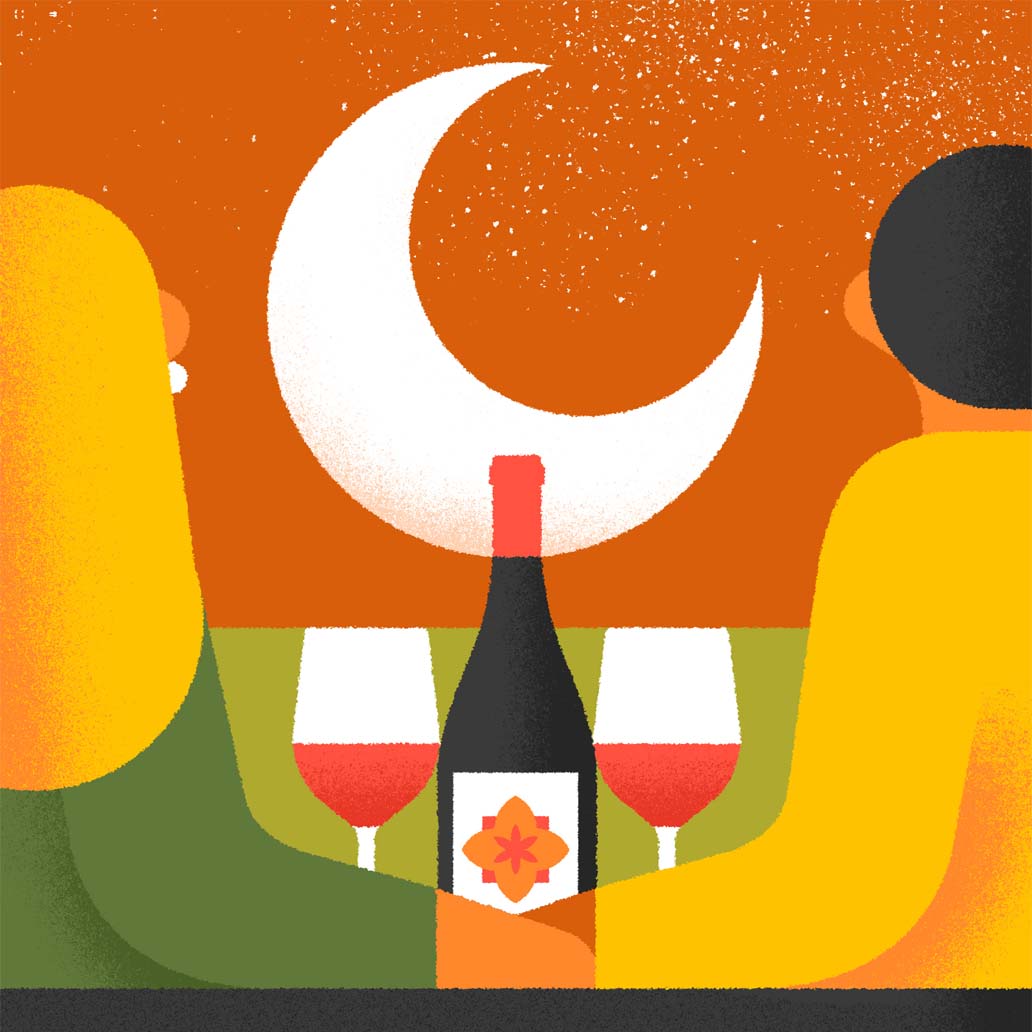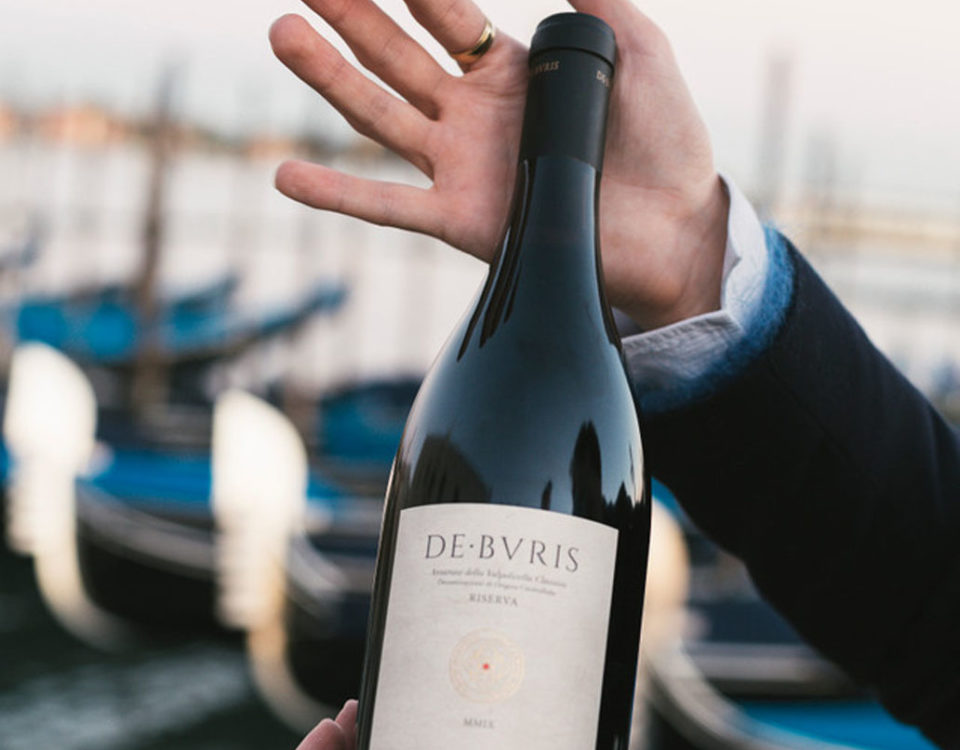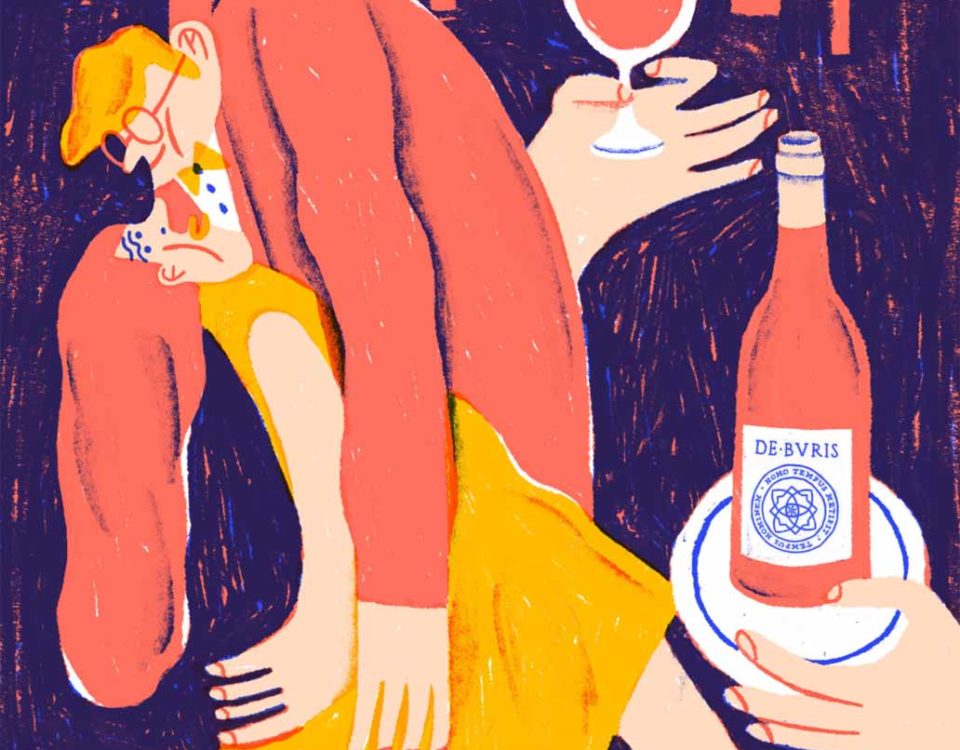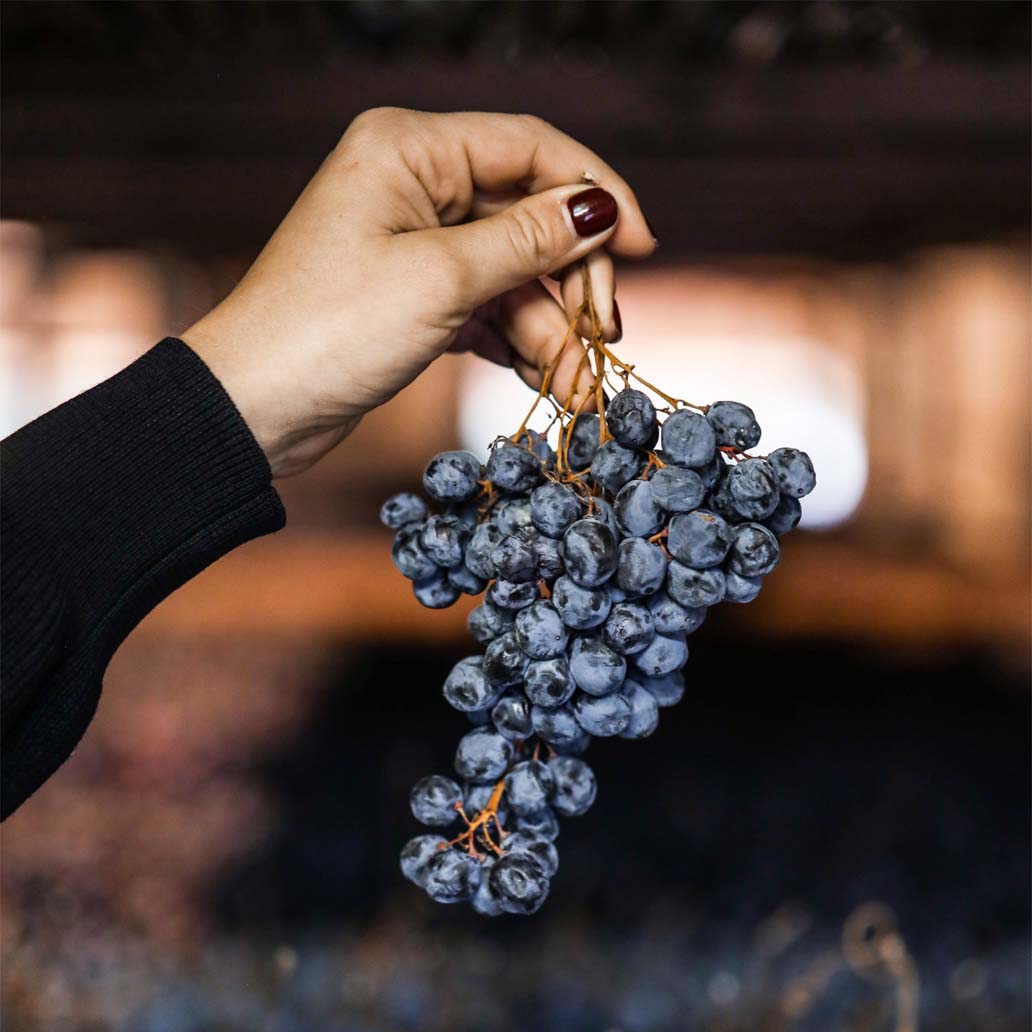
Winemaking
14 May 2020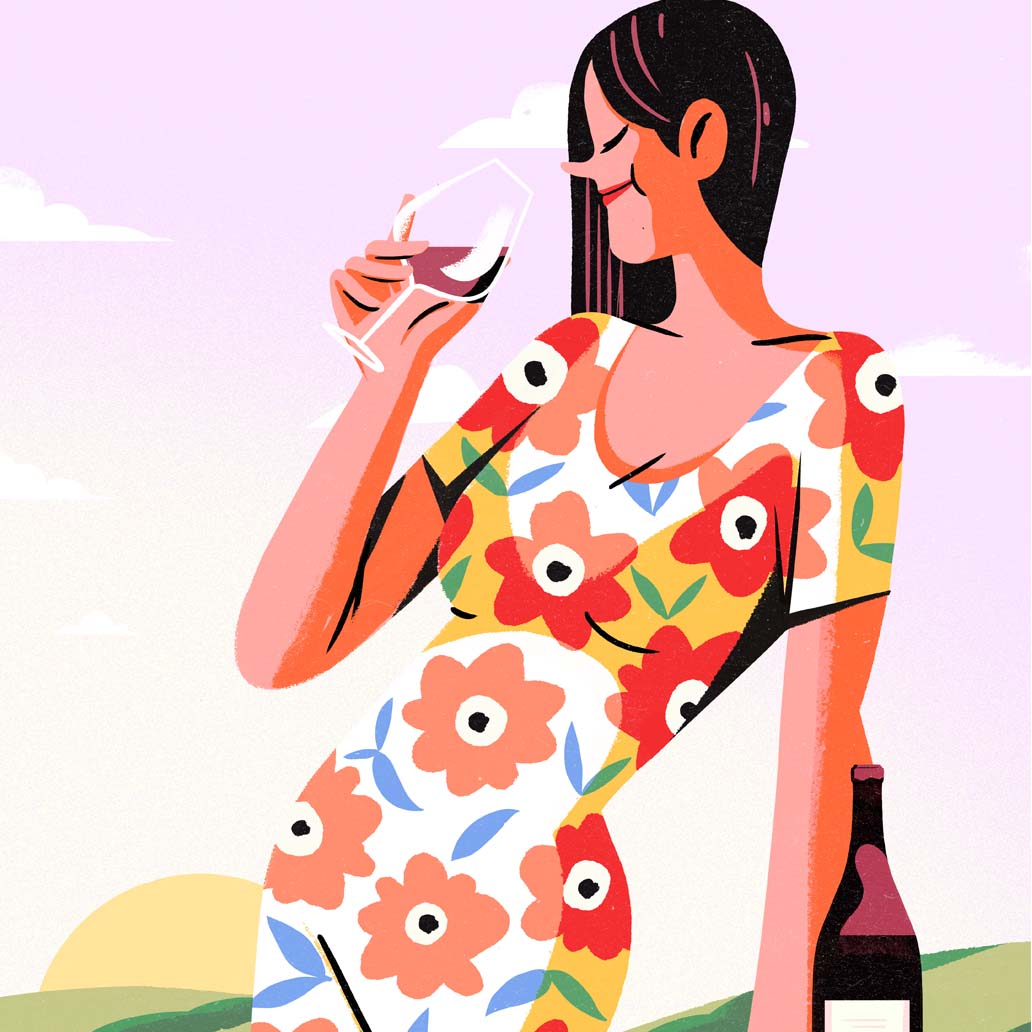
A matter of civilisation – A. Torcoli
4 June 2020[vc_row row_height_percent=”0″ overlay_alpha=”50″ gutter_size=”3″ column_width_percent=”100″ shift_y=”0″ z_index=”0″][vc_column column_width_percent=”80″ gutter_size=”5″ style=”light” overlay_alpha=”50″ shift_x=”0″ shift_y=”0″ shift_y_down=”0″ z_index=”0″ medium_width=”0″ mobile_width=”0″][vc_column_text]By Marco Aldegheri
The restrictions imposed to stem the spread of Covid-19 have made obvious our profound need to socialize. We can’t do without it, it’s part of our nature. We’ve seen it just recently, too, when Italy’s reopening into the so-called Phase 2 has become a chronicle of evident signs of “cold turkey”. As we return to a semblance of normality, and before – as usual – we immediately forget everything, let’s just take a short step back in time.
The brusque stop in the frenzied rhythms of our lives constrained us, one way or another, to come up with all sorts of solutions to pass the time of day. We did everything possible within our domestic walls, giving full vent to our creative resources. But if we had to make up a ranking of the most popular activities, on the podium we’d find those simpler things that we’d tended to ignore: in particular, food and wine captured the attention of a great many of us.
For example, the average Italian – the supermarket sector’s figures go to prove it – started to “dirty” their hands with flour once again: pizzas, cakes, focaccias, and puff pastry for the more ambitious, put quite a strain on home ovens and kitchens in these last few weeks, and eventually also on our scales. Meanwhile, virtual aperitivi clogged up the web, whilst others dug deep into their home cellars. It even seems that online wine sales (in the premium category, too) increased considerably.
This surreal concentration of scenes of normal home life has allowed us to reclaim a family-based dimension which, let’s admit it, many of us missed a bit.
It seems that wine itself has, for a couple of months at least, regained a different rapport with the segregated consumer. With its ties to the usual ritual locations – from dinner at a restaurant to the hedonistic, social experience of a wine bar – unavoidably cut, wine could not but content itself with ending up on the table at home, with the same ease that one devotes to the bread basket or a plate of pasta – and who cares if the glass isn’t of the right kind!
So we ended up drinking more often with the members of our families, even those special bottles that we were jealously keeping, and we drank them in a very informal way, at the table or on the sofa, on the balcony or in the garden, in our slippers or our tracksuit: nothing whatsoever to do with crowded happy-hours or refined restaurants. This distancing from our usual environments actually made even more unbearable the online exhibitionism of many sommeliers, journalists and producers, who are even now trying in an artificial manner to recuperate their rapport with wine and with their public.
The final outcome of the lockdown could be an idea of wine that is undoubtedly more consumer-friendly. In this regard, it is curious to note how, in the family context, this beverage may have reconquered its dimension as a food product that was lost at least 50 years ago: a paradoxical step back in time, especially in this lifestyle-based era in which wine is normally seen as an expression of identity.
Will this effect be lasting? It’s too early to say but, deep down, I hope so.
Regaining its place in family consumption and – why not – also a sober, everyday rapport with wine, would do us good, especially for the new generations. And it would also help us to teach people the habit of drinking in a responsible manner once again.
After the virus, this could be our “return to the future”. In Zemeckis’ film it is Christopher Lloyd, in the role of Doc Brown, who advises us: “Your future is whatever you make it, so make it a good one!”.
